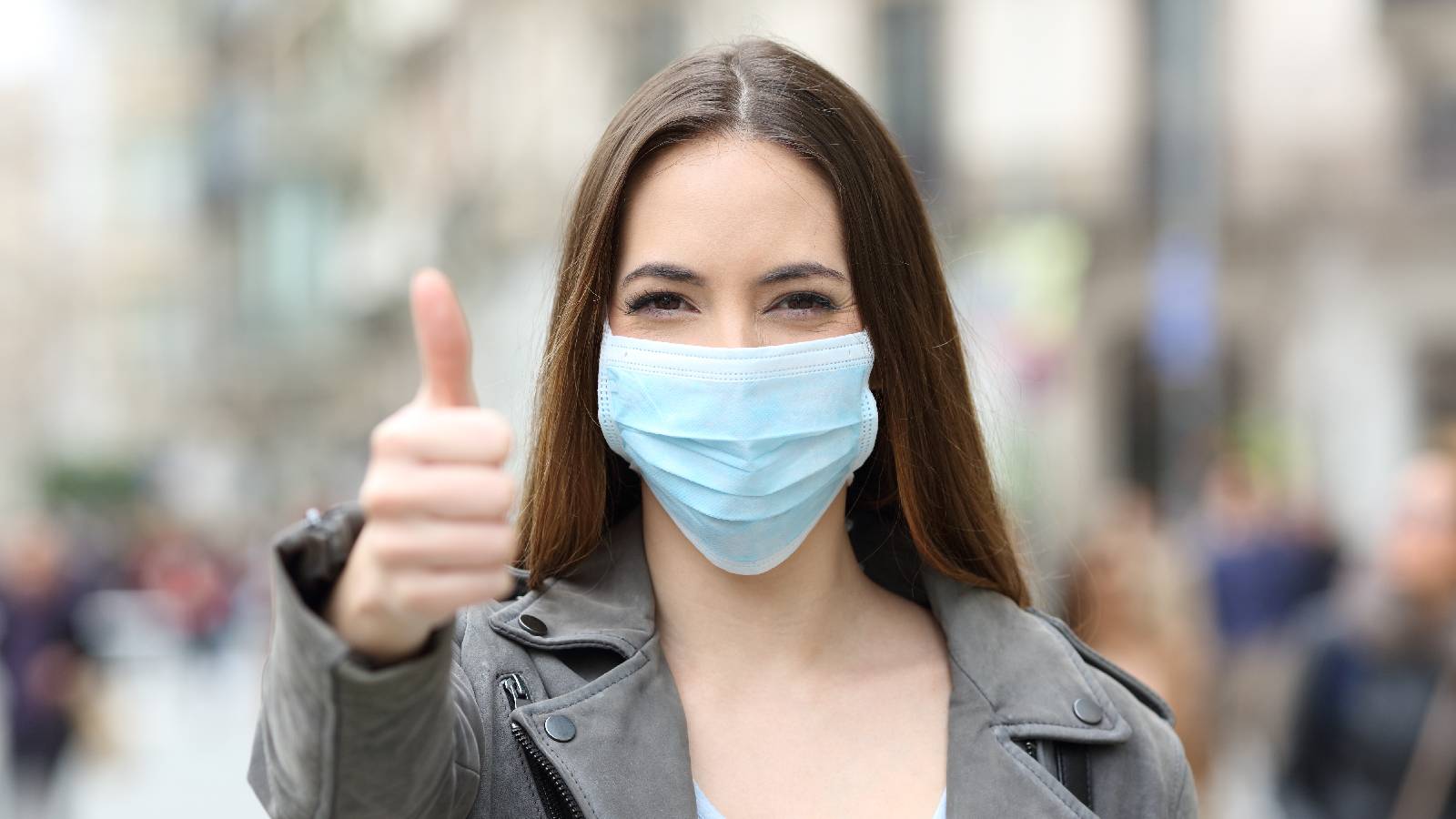A new study has found an increase in risk of developing diabetes following Covid-19. But the diabetes risk was found to be markedly reduced in vaccinated people.
Covid-19, an infectious disease caused by the novel coronavirus, swept across the world in 2020. It spreads when a person comes in contact with someone who already has the virus. Most people make a full recovery, but there may be some complications later on. For long, scientists have hinted at a link between Covid-19 and diabetes. Now, a new study has found an increase in risk for type 2 diabetes after Covid-19 diagnosis. It was found to be greater in people who were hospitalised with coronavirus than in those who were not. Researchers also noted that the risk was markedly less apparent in individuals who were vaccinated against Covid-19.
Study linking COVID-19 with diabetes
A study of 16 million people, aged between 18 years and 110 years, was carried out following the Covid-19 diagnosis in England. It involved data from pre-vaccination time as well as details of those who were vaccinated, and unvaccinated. It was found that people who contracted Covid-19 before vaccines were available, the incidence of type 2 diabetes was four times higher during the first four weeks after a diagnosis of Covid-19 than before or in the absence of coronavirus.

The study published in The Lancet Diabetes and Endocrinology in July 2024, revealed that the incidence of type 2 diabetes remained high (64 percent) during the second year after diagnosis. It was twice as high in individuals who were hospitalised with CovidD-19. But the incidence of type 2 diabetes after Covid-19 was reduced in vaccinated people compared with unvaccinated people. The incidence of type 1 diabetes was also high, but only during the first year after Covid-19 diagnosis. As for the incidence of gestational diabetes, it did not seem to be elevated after coronavirus diagnosis.
Covid-19 vaccine
In 2021, the US Food and Drug Administration gave the green signal to the first Covid-19 vaccine, known as the Pfizer-BioNTech COVID-19 Vaccine. The virus continues to spread, but safe and effective vaccines can help ensure that Covid-19 does not lead to severe disease or death. The Covid vaccines saved the lives of around 14.4 million people in the world in 2021 itself, according to the World Health Organization.
Getting vaccinated against coronavirus also reduces the likelihood of new Covid variants from emerging. A single-dose regime is recommended by WHO for primary immunisation for most Covid-19 vaccines to provide adequate protection. A person can still get Covid-19 after vaccination, but the symptoms will be either mild or they won’t notice any signs. Symptoms like fever, chills and sore throat usually start showing 5 to 6 days after exposure.
Also Read

What is diabetes?
Diabetes is a chronic disease, which is characterised by high levels of glucose or blood sugar. It can damage the kidneys, heart, blood vessels, and eyes. There are two main types of diabetes, as per UK’s National Health Service.
- Type 1 diabetes is a lifelong condition where a person’s immune system attacks and then kills the cells that are responsible for producing insulin.
- Type 2 diabetes is a condition where the body is unable to produce sufficient insulin, or the cells stop reacting to insulin properly.
Gestational diabetes is another type of diabetes that develops during pregnancy. It is when a woman experiences high blood sugar, and usually disappears after giving birth, as per the NHS.

How to protect yourself from Covid-19?
Even though COVID-9 is no longer a health emergency, you should follow recommendations by the World Health Organization –
- Get vaccinated.
- Maintain a physical distance of at least one metre from other people. So, avoid crowds and close contact with any person even if they don’t look sick.
- Wear a mask that covers your face well when you can’t keep physical distance.
- Clean your hands with soap and water or use a hand sanitiser.
- Close your nose and mouth with a tissue when you sneeze or cough then dispose of the used tissues immediately.
#Covid19 #increases #diabetes #risk #reveals #study

